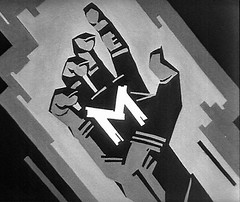Collision Detection is a very interesting blog written by Clive Thompson, who collects weird and interesting pieces of research of all sorts. Such a research was developed by Ann Schlosser, a business professor at the University of Washington, and will be published in the Journal of Consumer Research. The study proves that interactive websites can produce false memories, the result being people who think that a certain product has features/can do things which are actually "false". These results came out of a simple experiment: Schlosser had two groups of people check out two websites devoted to the same digital camera, one static, the other interactive; and then, she further tested their ability to recall details about the camera. It turned out that people in the group who had played with the interactive site were far more likely to "remember" certain details which were false, but plausible enough to have been true.

The reason why Schlosser believes this happens is partly because interactivity encourages more "certainty" in our memories, and thus increases the likelihood that we'll believe suggestively false details to be true. The conclusion is that "These findings suggest that marketing managers should test their campaigns for both true and false memories. Although it may seem advantageous for consumers to believe that a product has features that it actually does not have (e.g., by increasing store visits and purchases), it may ultimately lead to customer dissatisfaction. Because false memories reflect source-monitoring errors—or believing that absent attributes were actually presented in the marketing campaign—consumers who discover that the product does not have these attributes will likely feel misled by the company."


1 comment:
Great post, Diana! Made me remember some embarrassing things that I have done because of a mismatch between my imagination and my REAL LIFE.
Post a Comment